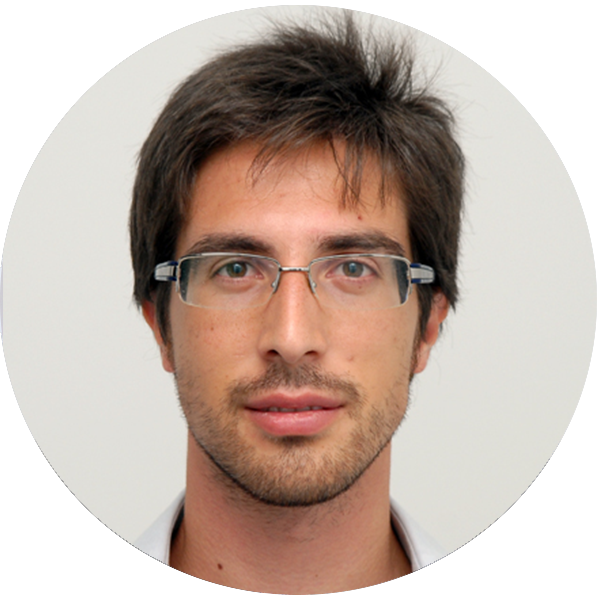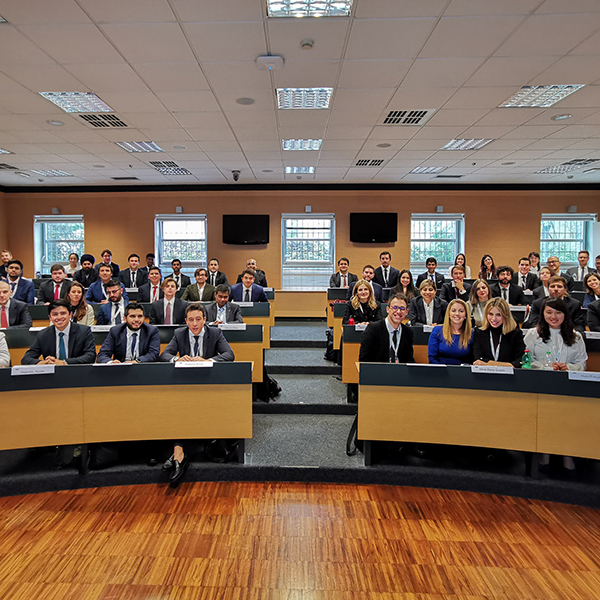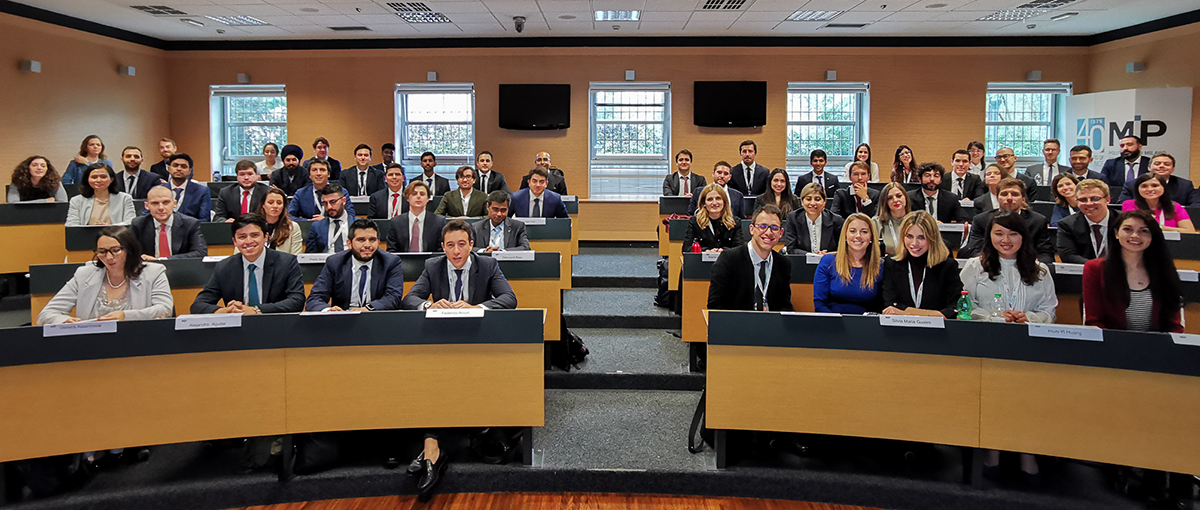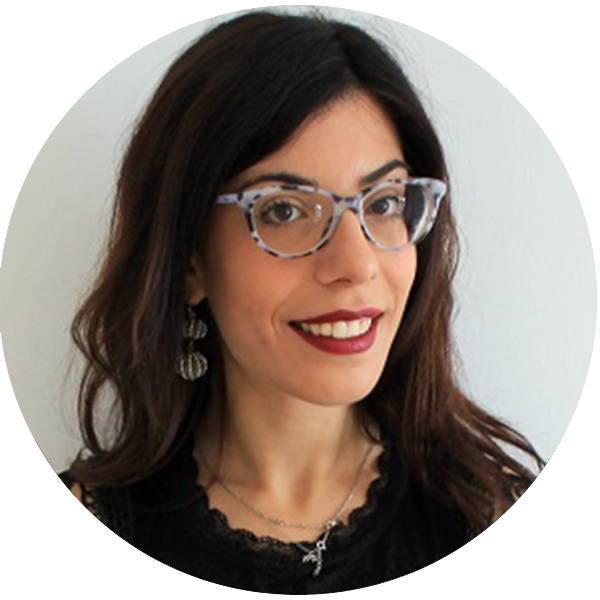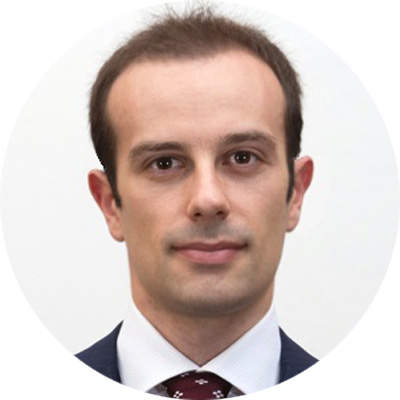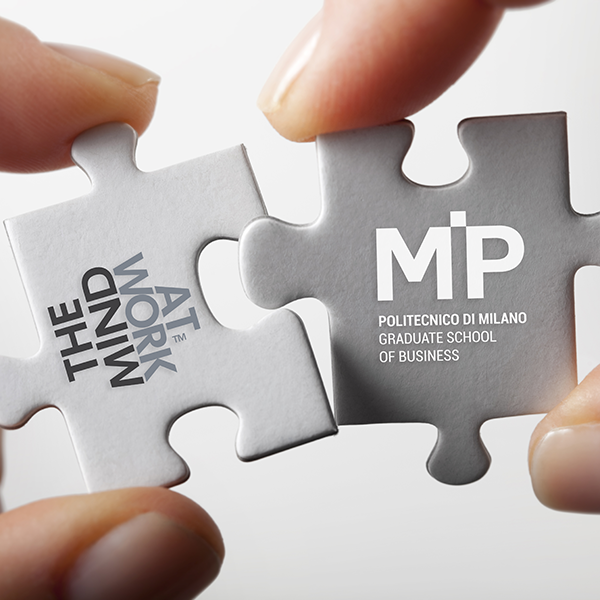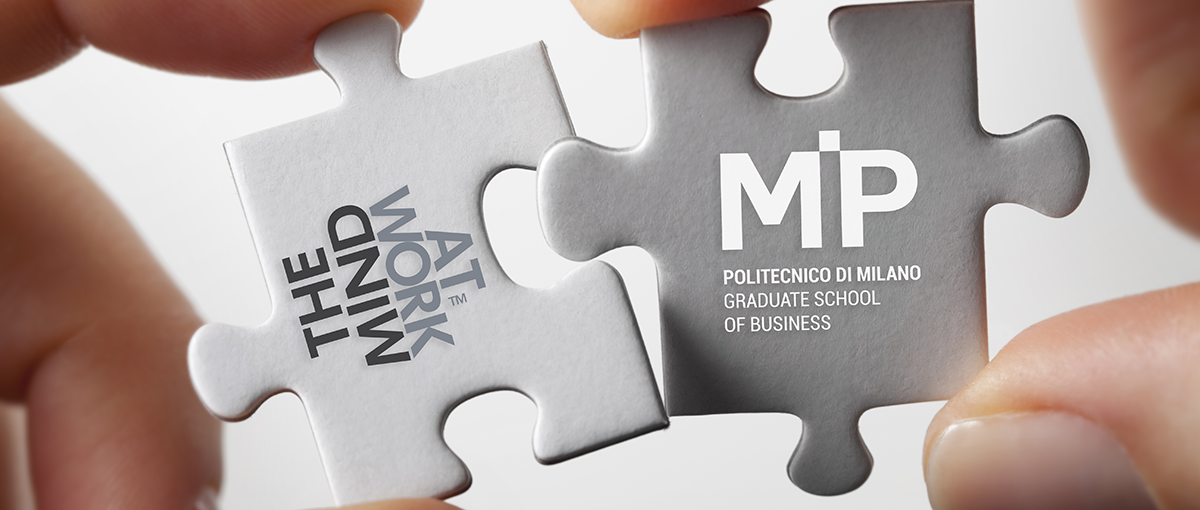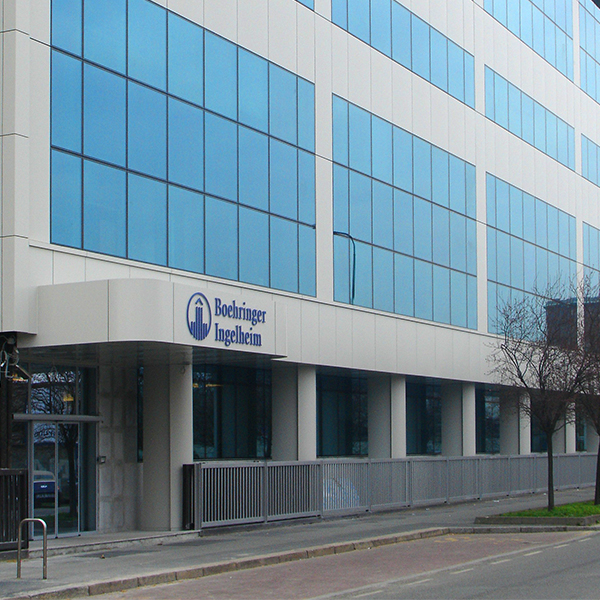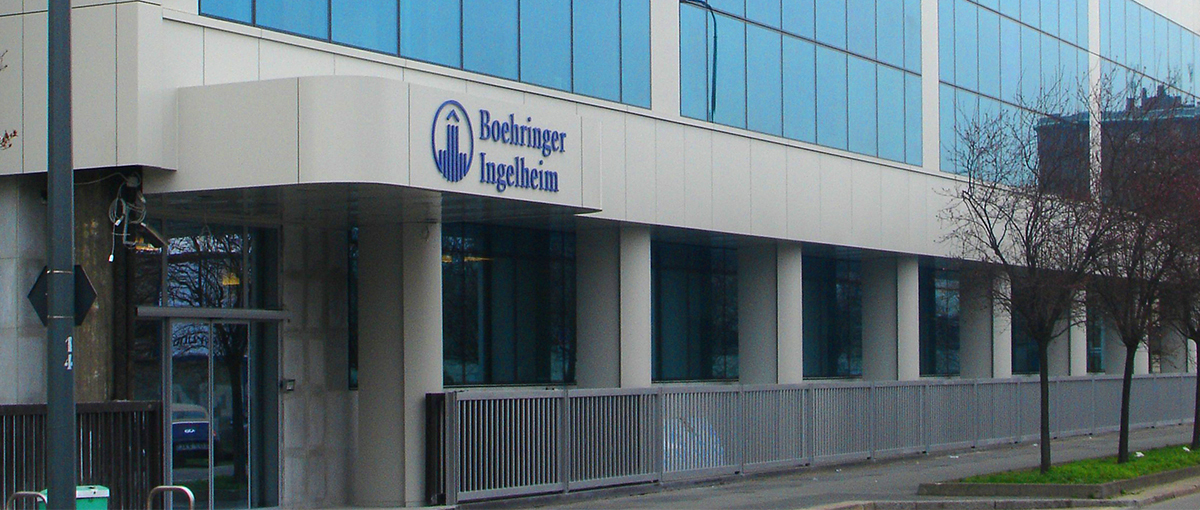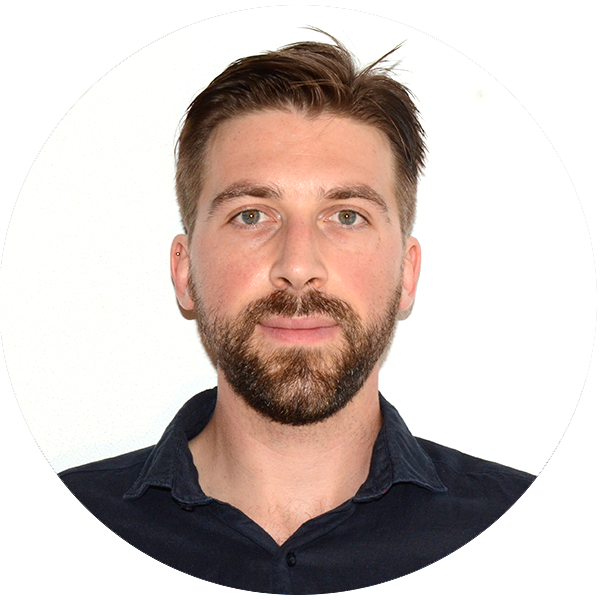
One of the first questions that came to me when I had to choose whether to apply to the eMBA program was to see if I could manage to fit in my daily work and family tasks with the obviously demanding learning commitments.
The option of the executive program, which spreads the courses over 20 months instead of concentrating it into one single year, was a noteworthy point but, in any case, I would need to find time in an already tough working life.
The learning agenda is rich and, of course, activities to do vary from day to day. A weekly scheduling of tasks is necessary in order not to get into trouble and to get the maximum out of the class. Usually I try to dedicate two to three hours per day to academic responsibilities. Let me give you an idea, as far as is possible, of one of my typical i-Flex days.
- Early wake-up to have breakfast with my family, talk with them for a few minutes and take my kids to school. I try to get ahead with my work and use the time commuting to my workplace for a status meeting. Morning meetings can often be held as early as 7.00 a.m. or 7.30 a.m.
- The usual working day at the office starts from around 8.15 and the first few hours are very busy, so I cannot think about anything else, but I try to find some spare time around lunchtime so that I can watch some i-Flex video-clips. Work-related tasks rapidly start knocking on the door, however, and keep me busy until evening. A good tip, whenever possible and when there is nothing urgent on, is maybe to set up a meeting with yourself so as to be able to dedicate time to your own training.
- Before leaving for home, in a quieter environment, it’s time for a last effort or to attend a live session. It is truly important to participate in classes, ask questions to clarify topics or listen to questions and comments from colleagues, to see the topic from other points of view and others’ experiences.
- At home, finally, I can relax spending time with the kids: it’s true, at least at this age, kids recharge your batteries!!
- Once the kids are sleeping (and this is usually very late), I can concentrate on other academic materials and make my contributions in the social forum. Take a rest to get ready for a new day.
Of course, special days are weekends, when is possible to catch up on any backlog which has built up during the week or have more time to spend with the family. Sometimes we have interesting meetings with i-Flex friends so that we can update each other on our daily lives, or review topics and assignments together.
I would like to mention a few pieces of advice to anyone who has the same doubts as I did when approaching the choice of an eMBA:
- First at all, don’t underestimate the effort that an MBA requires, if the aim is to learn new concepts. Each subject has plenty of ideas to learn and cases to study. Is up to us to read and learn as much as we can or otherwise just to limit ourselves to summarising the main points;
- Online is your friend, try to exploit as much as possible the possibility to learn in work breaks, during your commuting time or whenever you have a spare moment. The precious aspect of the online is that you decide when is the right time;
- And this brings me to the other bit of advice: try to do as much as you can in advance, in order to make online classes and discussions with colleagues profitable. Motivation is necessary, as is organizing/scheduling your time and activities. The objective is not to sacrifice the other side of life so as not to lose enthusiasm.
I have to admit, follow all inputs that are being received is quite challenging, especially combining everything is wanted to do with the rest of the life, but let me add also that it’s worth thanks to all the experiences I’m doing, conversations shared with classmates and knowledge is getting me inspiring.
About the author
|
|
Vito Conversano
Chief Information Officer @ San Marzano Vini SpA with extensive international experience in IT & strategic consultancy for fortune 500 companies. Creative, Curious, Travel lover. Passionate about discovering new concepts, learning continuously and developing new ideas. |

